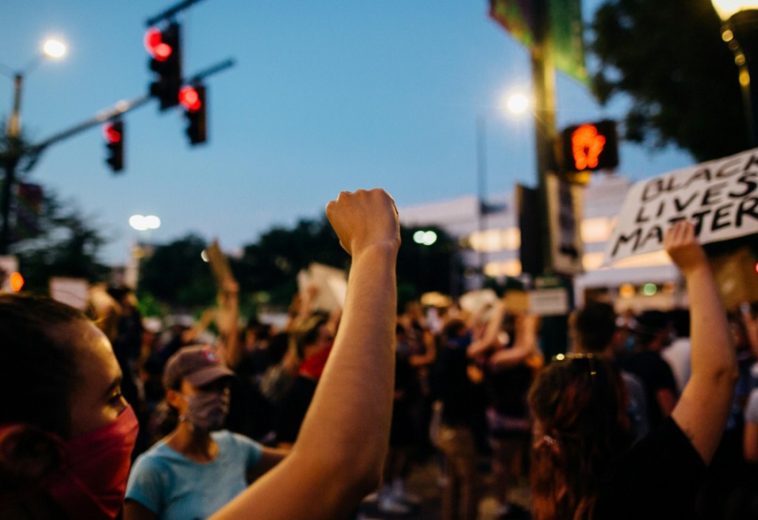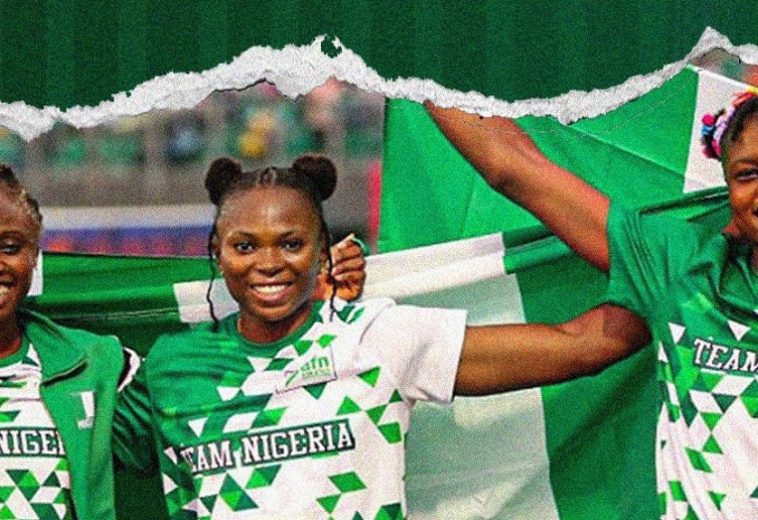Sport has always been more than a form of physical activity. To the billions of football fans who tune in daily to watch their favourite teams, it can be likened to a battle for bragging rights. For women in Saudi Arabia and Qatar, it is a medium to speak against gender restrictions. For millions of young children in impoverished countries, it represents the hope of a better life.
Sport is a powerful tool of diplomacy due to its potential in international relations. African nations leverage this aspect of sport to enhance their global standing. Through the competitive success of African players and teams, cultural exchange, and strategic partnerships forged within the sports arena, African countries are rejuvenating their international image and improving their diplomatic ties in modern politics and economics.
Africa has long been recognised for its exceptional talent in various sports. From the rings of contact sports to the football fields, basketball courts, and volleyball courts, Africans have left their mark on the grandest global sports stages. Athletes like Kanu Nwankwo, Yaya Toure, Tobi Amusan, Eliud Kipchoge, and George Weah have made their mark and have been celebrated in the sports world.
Sport has been used as a diplomatic tool to build relationships, promote national interests, and foster mutual understanding across races, countries, and cultures. African nations have used sport to promote their cultures on a global stage. Events like the African Cup of Nations (AFCON), the All-African Games, and the Olympics serve as platforms for African nations to showcase their cultural diversity. For instance, during the World Cup, South Africa showcased its capabilities as a tourism and investment destination.
Sport has also been used to foster peace and resolve conflicts. Football matches have been used as a peaceful medium to address conflicts and rivalries between countries and regions. The match between Honduras and El Salvador in 1969 is an example of this. El Clasico between Barcelona and Real Madrid is also a peaceful way of addressing the rivalry between Spain and Catalunya.
During the Liberian Civil War, the Liberian Football Association organised football matches to provide an opportunity for citizens to unite and focus on a common goal. This alleviated tensions between rival groups and contributed to the country’s peace-building efforts.
This role of sport in diplomacy has facilitated strategic partnerships and economic development in some African countries and regions. These partnerships with international sporting bodies and sponsorship deals have provided funding and infrastructure improvements for local sports programmes. Collaboration between African nations and global sports organisations has also led to increased investments in sports infrastructure and youth development programmes.
However, the disparity in resources and political ideology between African nations and more developed countries limits the opportunities that sports diplomacy offers. The gravity of political and social issues within African countries sometimes overshadows the positive impact of sports diplomacy and hinders its effectiveness.
With the right mindset and will, African nations can continue to make strides in leveraging sport as a diplomatic tool. The success of sports diplomacy initiatives relies on sustained investment in sports infrastructure, grassroots development programmes, and the creation of platforms for African athletes to shine on the global stage.




